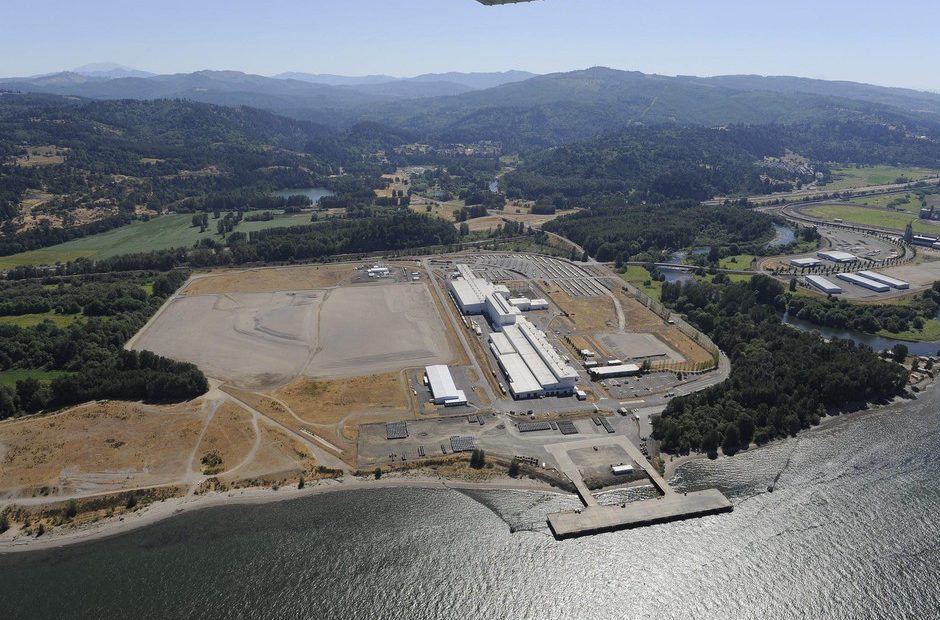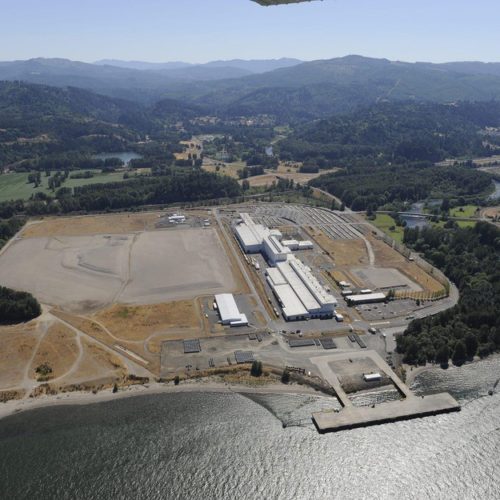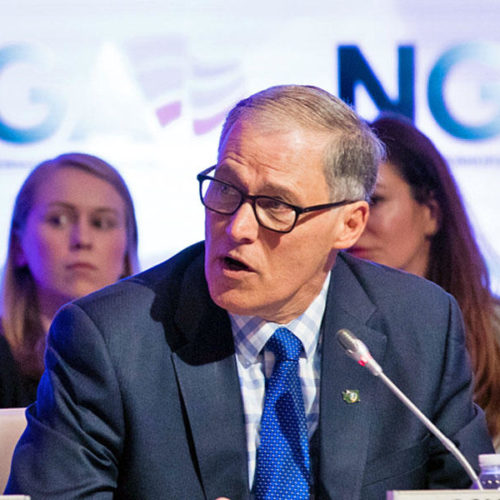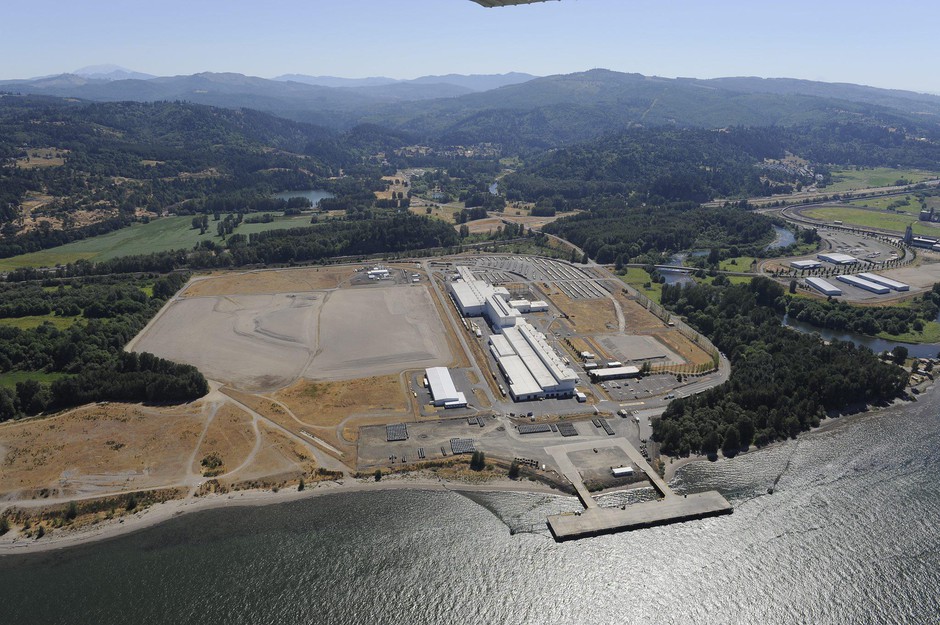
Washington State Regulators Deny Key Permit To Kalama Methanol Refinery
READ ON
BY TONY BRYNELSON / OPB
A proposed methanol plant in Kalama, Washington, received a massive blow on Tuesday after state regulators denied a pivotal permit, throwing its future into doubt.
The Washington Department of Ecology defended its denial by saying the refinery, which would convert fracked natural gas into methanol to be shipped to Asia, would emit vast amounts of greenhouse gases. If built, it would be among the top 10 greenhouse gas emitters in the state.
“The known and verifiable emissions from this facility would be extremely large and their effects on Washington’s environment would be significant and detrimental,” director Laura Watson said in a statement.
In the denial, Watson and ecologists also addressed an argument used by supporters: that the refinery would do more good than harm as a pragmatic step away from coal until greener technologies become more viable.
“If we don’t do it here and we don’t do it right, then what is the actual outcome?” said Kent Caputo, the chief commercial officer of NW Innovation Works, the company proposing the refinery.
“We can make it here and do it the way we’d like to see in a well-regulated environment, or we can keep making it out of coal or some other substance somewhere else in the world, where we are not mitigating or not regulating,” he added.
But Watson said the project “would not benefit the environment, like some people are claiming.”
“At most, this project may be less harmful than potential alternatives,” Watson said. “At the end of the day, we know with certainty that this proposal would result in significant, new greenhouse gas emissions.”
The permit is a requirement to build near waterways — in this case, the Columbia River at the Port of Kalama. Without it, the estimated $2 billion refinery, first proposed in 2014, faces an uncertain future.
NW Innovation Works can challenge the denial to a six-person hearings board. The company has 21 days to file an appeal, but representatives said Tuesday they planned to take time to consider all options.
“That is the immediate option,” Caputo said. “I certainly don’t have any (other) options to discuss at this point.”
The decision quickly drew cheers from environmental groups, while disappointing the project’s backers and some in the Cowlitz County community who saw it as an economic boon.
A coalition of environmental groups wrote a letter last week to Gov. Jay Inslee, urging him to see the project dismissed. When the decision came, Columbia Riverkeeper executive director Brett VandenHeuvel said they were “thrilled.”
“We’re hopeful the company recognizes this is a dead-end for the project, and the Port of Kalama moves on as well,” VandenHeuvel said.
Dennis Weber, a Cowlitz County commissioner, said the denial is a blow for the region’s young working class. Once a place of thriving aluminum plants and makers of wood products, he said there are few companies of that scale looking to move there.
The Port of Kalama’s own economic analysis found the refinery could create around 1,400 construction jobs and 192 permanent, full-time positions, The Daily News in Longview reported.
“If you’re a young person who wants to live in the area and work a real family-wage job, it’s kind of a door slammed in the face,” Weber said.
Copyright 2021 Oregon Public Broadcasting. To see more, visit opb.org
Related Stories:

Lower Columbia River Methanol Refinery Halted By Washington Regulators For Environmental Review
A $2 billion methanol project proposed for the Lower Columbia River town of Kalama, Washington, hit a new roadblock Friday, when the Washington Department of Ecology said the environmental review did not adequately assess its greenhouse gas emissions and contributions to climate change.

In Surprise Reversal, Jay Inslee Opposes Washington Natural Gas Projects
Washington Gov. Jay Inslee has changed his stance on two proposed fossil fuel plants, including a $2 billion gas-to-methanol project in southwest Washington.

Controversial Southwest Washington Methanol Plant May Be Misleading Public, Regulators
Nearly four years ago, Washington Gov. Jay Inslee touted a new company that was coming to Kalama to revolutionize the methanol market. But the climate change-crusading governor currently running for president may not have known that NWIW was selling a different story to investors — one less focused on producing cleaner methanol for plastics and more on an opportunity to buy into a new methanol supply chain to fill China’s insatiable appetite for fuel.
















